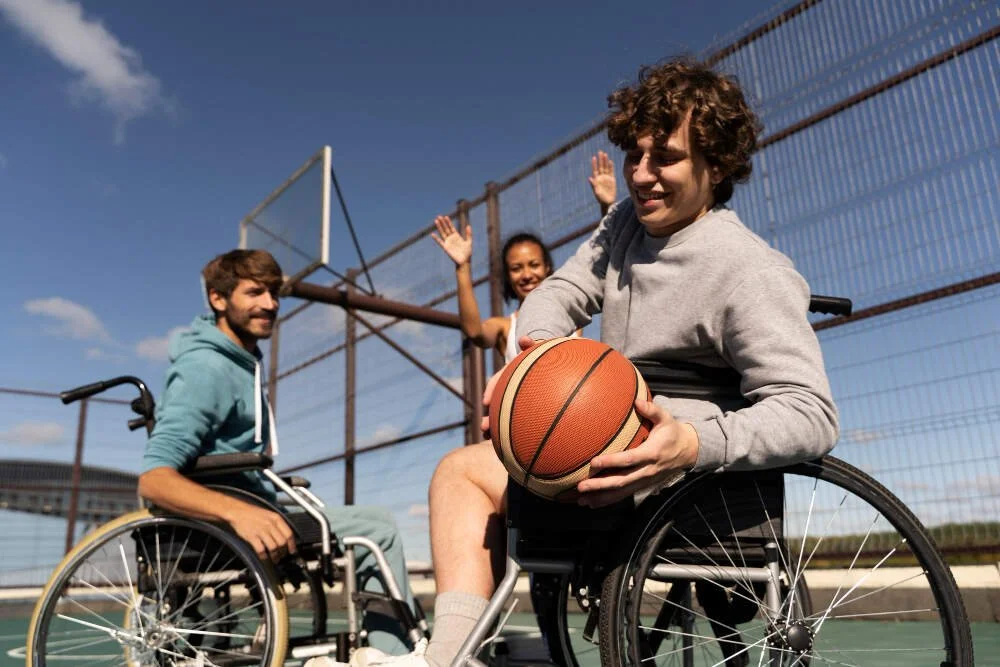
Living Skills
Living skills, also known as daily living skills or independent living skills, are essential for individuals who require support in managing their daily lives. Here are some types of individuals who benefit from our living skills training:
-

Individuals with Intellectual or Developmental Disabilities:
Autism Spectrum Disorder (ASD): Our living skills training helps individuals with autism develop skills for daily living, social interactions, and independence.
Intellectual Disability: Our living skills training supports individuals with intellectual disabilities in developing skills for daily living, self-care, and independence.
-

Individuals with Mental Health Conditions:
Mental Health Conditions: Our living skills training can help individuals with mental health conditions, such as depression, anxiety, or schizophrenia, develop skills for daily living, social interactions, and independence.
Substance Abuse: Our living skills training support individuals recovering from substance abuse in developing skills for daily living, relapse prevention, and independence.
-

Individuals with Physical Disabilities:
Physical Disabilities: Our living skills training helps individuals with physical disabilities develop skills for daily living, mobility, and independence.
Chronic Health Conditions: Our living skills training supports individuals with chronic health conditions, such as diabetes or chronic pain, in developing skills for managing their condition and improving daily functioning.
-
Individuals with Traumatic Brain Injury (TBI):
Cognitive Rehabilitation: Our living skills training helps individuals with TBI develop skills for daily living, memory, and cognitive function.
Behavioral Support: Our living skills training supports individuals with TBI in developing skills for managing behaviors and improving daily functioning.
-
Other Populations:
Aging Adults: Our living skills training can help aging adults develop skills for daily living, mobility, and independence.
At-Risk Youth: Our living skills training helps at-risk youth develop skills for daily living, education, and career readiness.
Individualized approach:
Our living skills training is crafted and tailored to the individual's needs, goals, and abilities.
Supportive environment: A supportive environment, including family members, caregivers, and professionals, is essential for individuals to develop and maintain living skills.
Ongoing support: Our ongoing support and reinforcement is necessary to help individuals generalize and maintain living skills in various settings, situations, ecosystems and environments.
